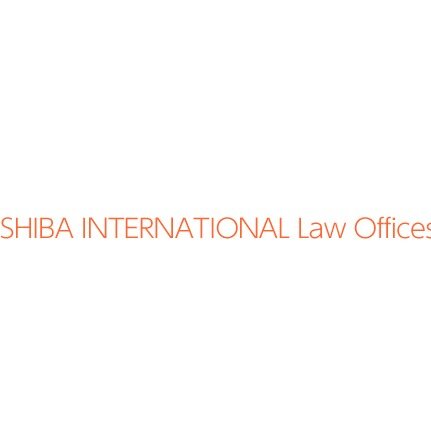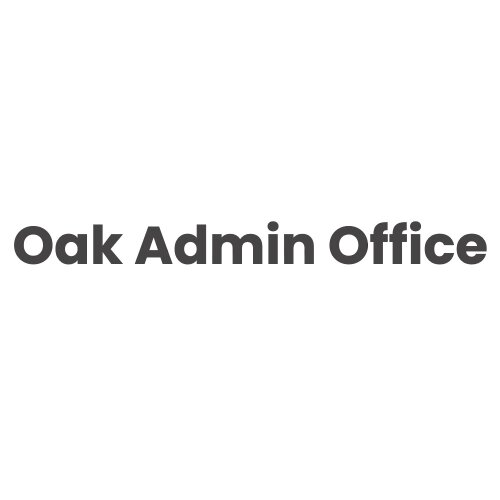Best Tax Increment Financing Lawyers in Tokyo
Share your needs with us, get contacted by law firms.
Free. Takes 2 min.
List of the best lawyers in Tokyo, Japan
About Tax Increment Financing Law in Tokyo, Japan
Tax Increment Financing (TIF) is a public financing method used to subsidize community improvements, infrastructure, and redevelopment projects. In Tokyo, Japan, TIF is designed to foster economic development by capturing the future tax benefits of an increase in real estate values and channeling them back into the project area. The government uses the anticipated increase in property tax revenue to finance current improvements without raising taxes. TIF helps local governments stimulate investment in areas that might not attract development otherwise and is overseen by regulations specific to the Tokyo Metropolitan Government.
Why You May Need a Lawyer
Seeking legal advice regarding Tax Increment Financing is crucial in several situations, including:
- When you are a developer looking to initiate a project that involves TIF and need to navigate the regulatory framework.
- If you are a business owner affected by an upcoming TIF district and require understanding of how it impacts your property taxes and operations.
- When disputes arise between stakeholders in a TIF project, including disagreements over project scope or financial details.
- If you need assistance drafting or reviewing contracts related to a TIF project.
- When you seek to ensure compliance with local laws and to avoid legal pitfalls during the TIF process.
Local Laws Overview
The legal framework for Tax Increment Financing in Tokyo is a composite of national and municipal regulations. Key aspects include:
- Establishment of TIF Districts: A precise procedure that involves reviewing project proposals to ensure they meet criteria for economic impact and sustainability.
- Financing Mechanism: The laws dictate how the potential increase in tax revenue is calculated and allocated to repay TIF bonds or finance the public improvements directly.
- Public Involvement: Regulations require significant public participation and transparency, including public hearings and stakeholder consultations.
- Duration Limits: TIF projects have defined time frames, often ranging from 10 to 20 years, within which the financing and project goals should be realized.
- Project Accountability: TIF laws enforce stringent reporting standards and performance evaluations to ensure accountability and efficacy.
Frequently Asked Questions
What is the primary purpose of TIF in Tokyo?
In Tokyo, the primary purpose of TIF is to drive redevelopment and infrastructure improvements in underutilized or blighted areas by leveraging future tax revenue increases without raising current taxes.
How is a TIF district established in Tokyo?
The establishment involves submitting a proposal to relevant authorities, fulfilling criteria of economic viability and public benefit, and undergoing a series of public consultations and approvals.
Who benefits from TIF in Tokyo?
Benefits typically flow to local governments, developers, businesses within the TIF district, and ultimately the community through improved infrastructure and increased economic activity.
Are there any risks associated with TIF for taxpayers?
While TIF aims to harness future tax revenues, there are risks if the anticipated economic development fails to materialize, potentially leading to financial shortfalls.
Can TIF be used for housing projects?
Yes, TIF can be applied to housing, particularly projects that aim to provide affordable and mixed-use housing developments as part of broader urban renewal efforts.
What is the role of the Tokyo Metropolitan Government in TIF?
The Tokyo Metropolitan Government oversees the regulatory and operational aspects of TIF, ensuring compliance with laws and alignment with city planning objectives.
Is public approval required for TIF projects?
Public involvement is a integral part of the TIF process, requiring consultations and approval through public hearings to ensure community support and transparency.
How is the incremental increase in tax revenue calculated?
The calculation is based on the anticipated increase in property value within the TIF district, comparing baseline assessments with future projections post development.
Can existing businesses be displaced due to TIF projects?
While TIF aims to support development, existing businesses might be affected or displaced, necessitating legal guidance and negotiations to ensure fair treatment.
How can a lawyer help with TIF projects?
Lawyers can help navigate the complex regulatory framework, facilitate stakeholder negotiations, ensure project compliance, and protect client interests legally and financially.
Additional Resources
For those seeking more information on TIF, the following resources may be helpful:
- Japanese Ministry of Land, Infrastructure, Transport and Tourism: Offers insights into national regulations and urban development policies.
- Tokyo Metropolitan Government Bureau of Finance: Provides specific guidelines and data related to TIF in Tokyo.
- Local Chamber of Commerce: Supports businesses in understanding and leveraging TIF opportunities.
- Urban Development Agencies: These organizations often partner on TIF-driven projects and can provide practical insights.
Next Steps
If you need legal assistance with Tax Increment Financing, consider the following steps:
- Consultation: Schedule meetings with specialized legal experts to discuss your specific situation and needs.
- Research: Gather all relevant documents such as land use plans, project proposals, and financial projections.
- Assessment: Conduct a preliminary assessment with a lawyer to identify potential legal issues and navigate the regulatory process.
- Representation: Engage a lawyer to represent your interests in negotiations, mediations, or any legal proceedings related to the TIF project.
- Monitoring: Regularly consult with your legal advisor throughout the project to ensure ongoing compliance and address emerging issues.
Lawzana helps you find the best lawyers and law firms in Tokyo through a curated and pre-screened list of qualified legal professionals. Our platform offers rankings and detailed profiles of attorneys and law firms, allowing you to compare based on practice areas, including Tax Increment Financing, experience, and client feedback.
Each profile includes a description of the firm's areas of practice, client reviews, team members and partners, year of establishment, spoken languages, office locations, contact information, social media presence, and any published articles or resources. Most firms on our platform speak English and are experienced in both local and international legal matters.
Get a quote from top-rated law firms in Tokyo, Japan — quickly, securely, and without unnecessary hassle.
Disclaimer:
The information provided on this page is for general informational purposes only and does not constitute legal advice. While we strive to ensure the accuracy and relevance of the content, legal information may change over time, and interpretations of the law can vary. You should always consult with a qualified legal professional for advice specific to your situation.
We disclaim all liability for actions taken or not taken based on the content of this page. If you believe any information is incorrect or outdated, please contact us, and we will review and update it where appropriate.
















